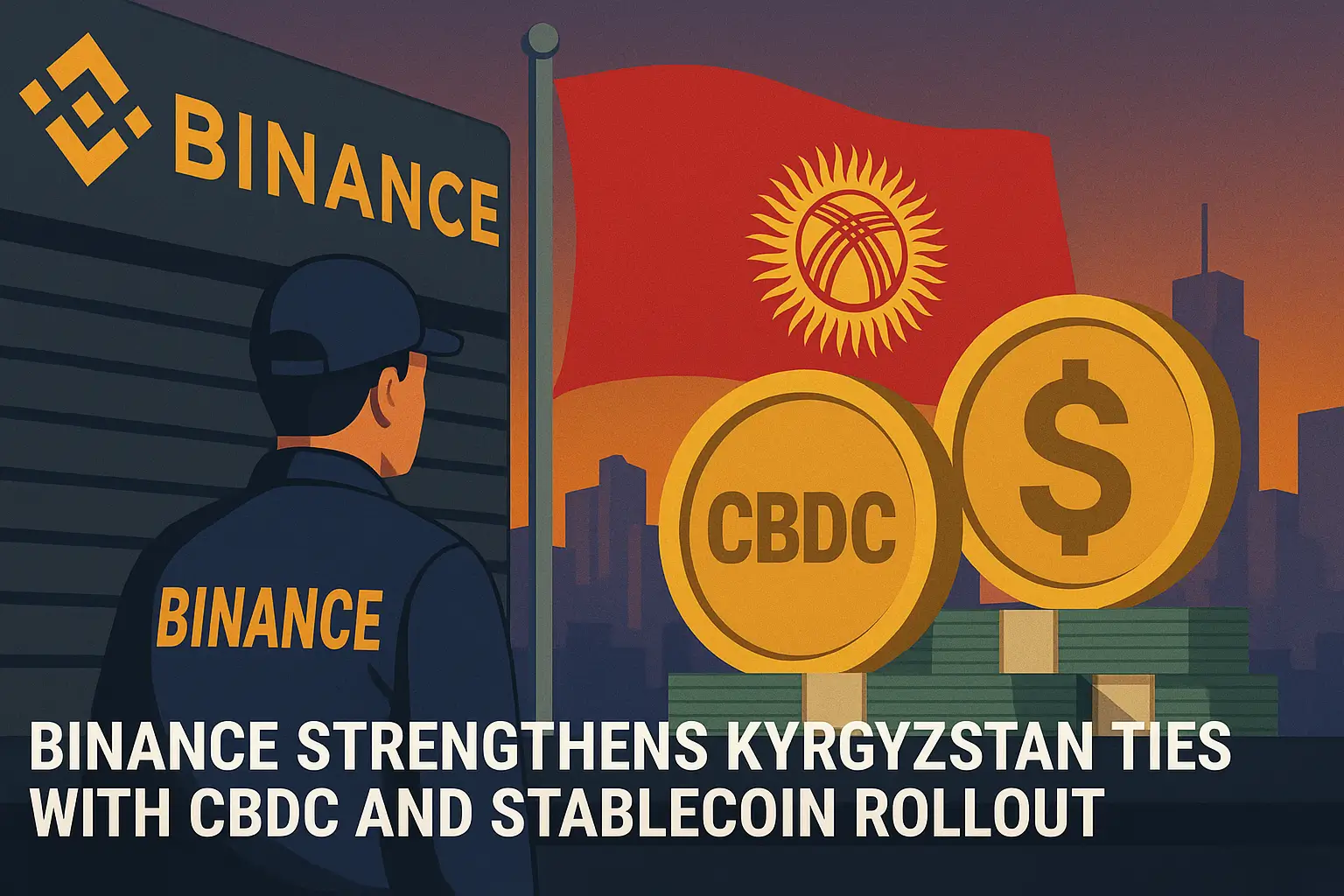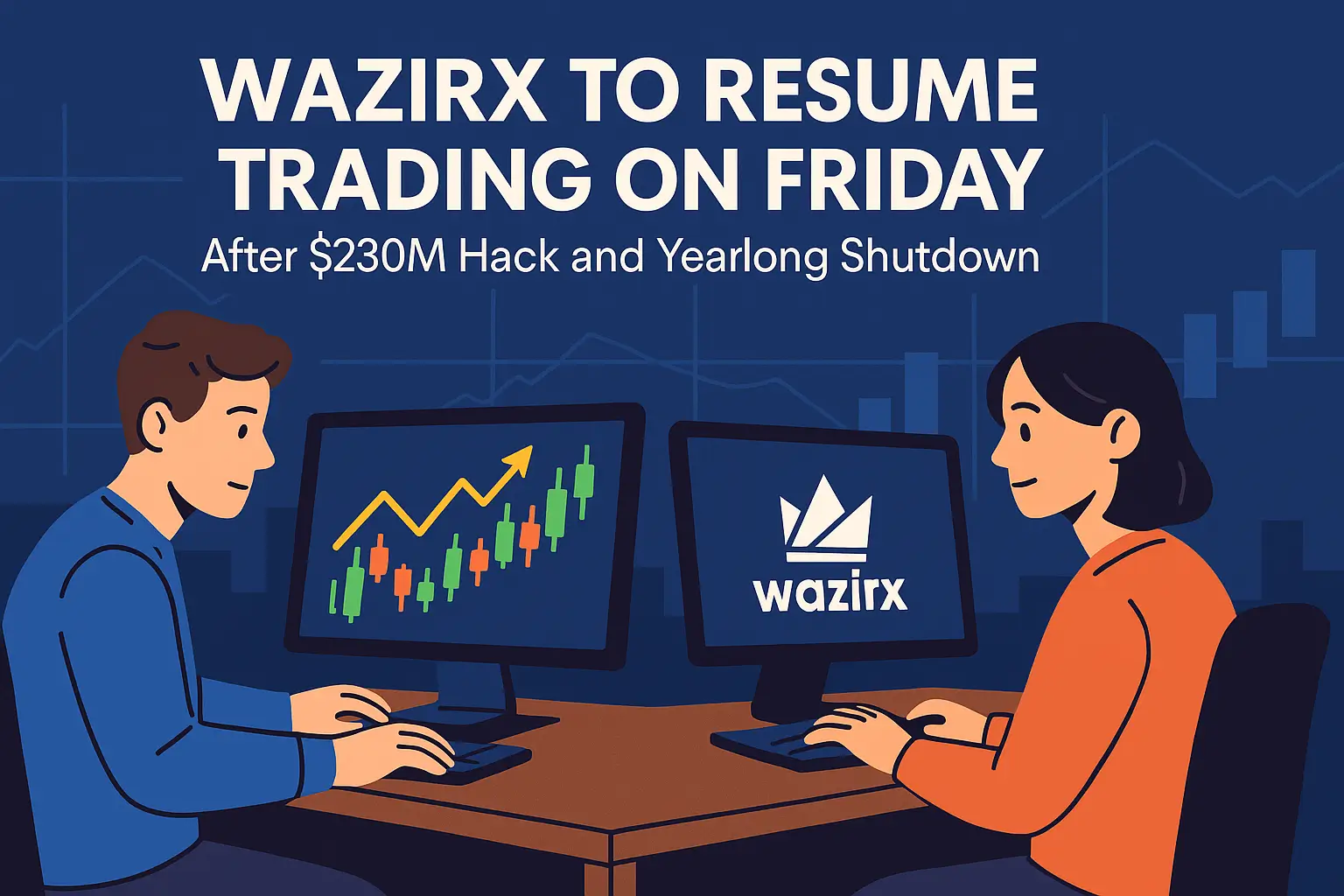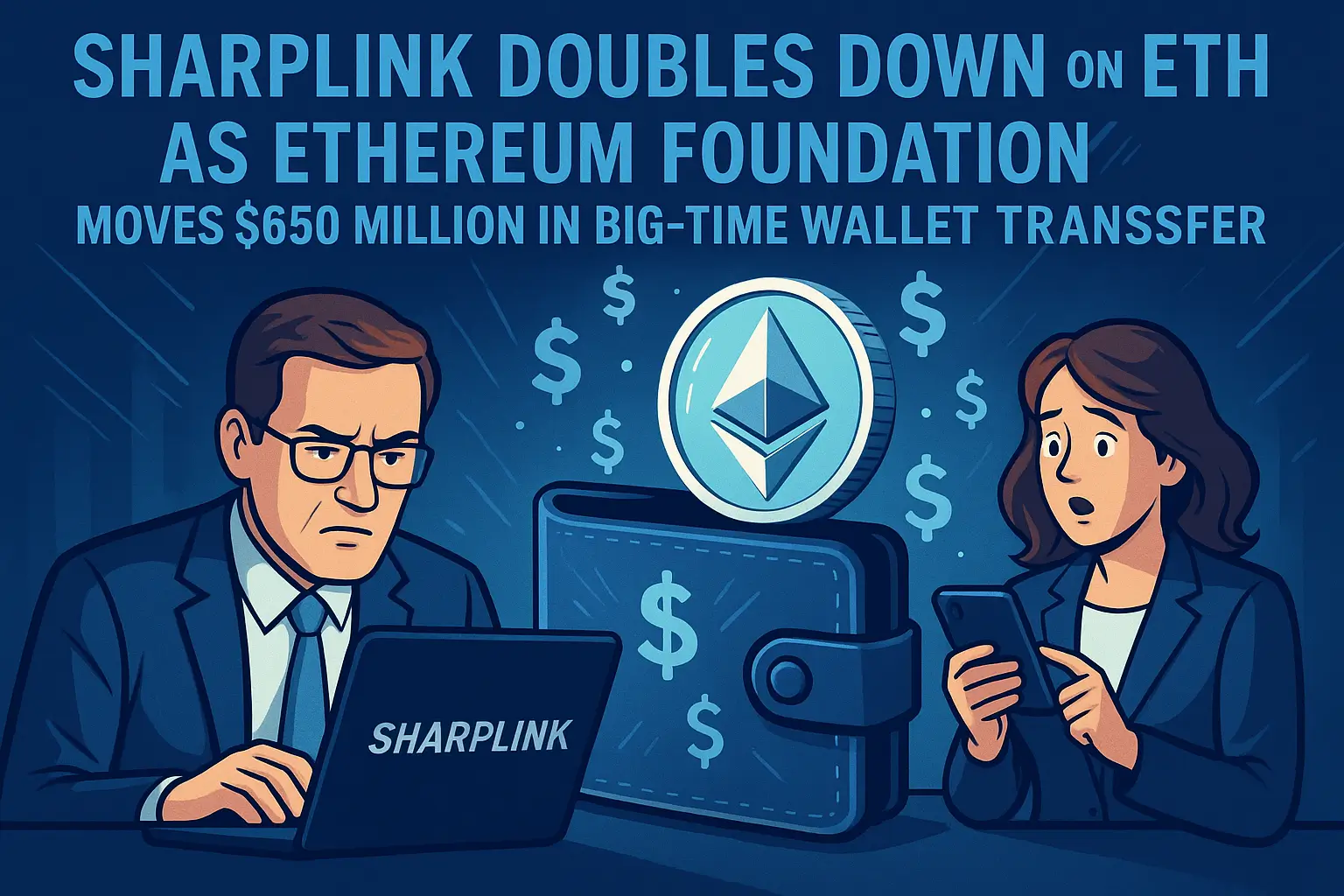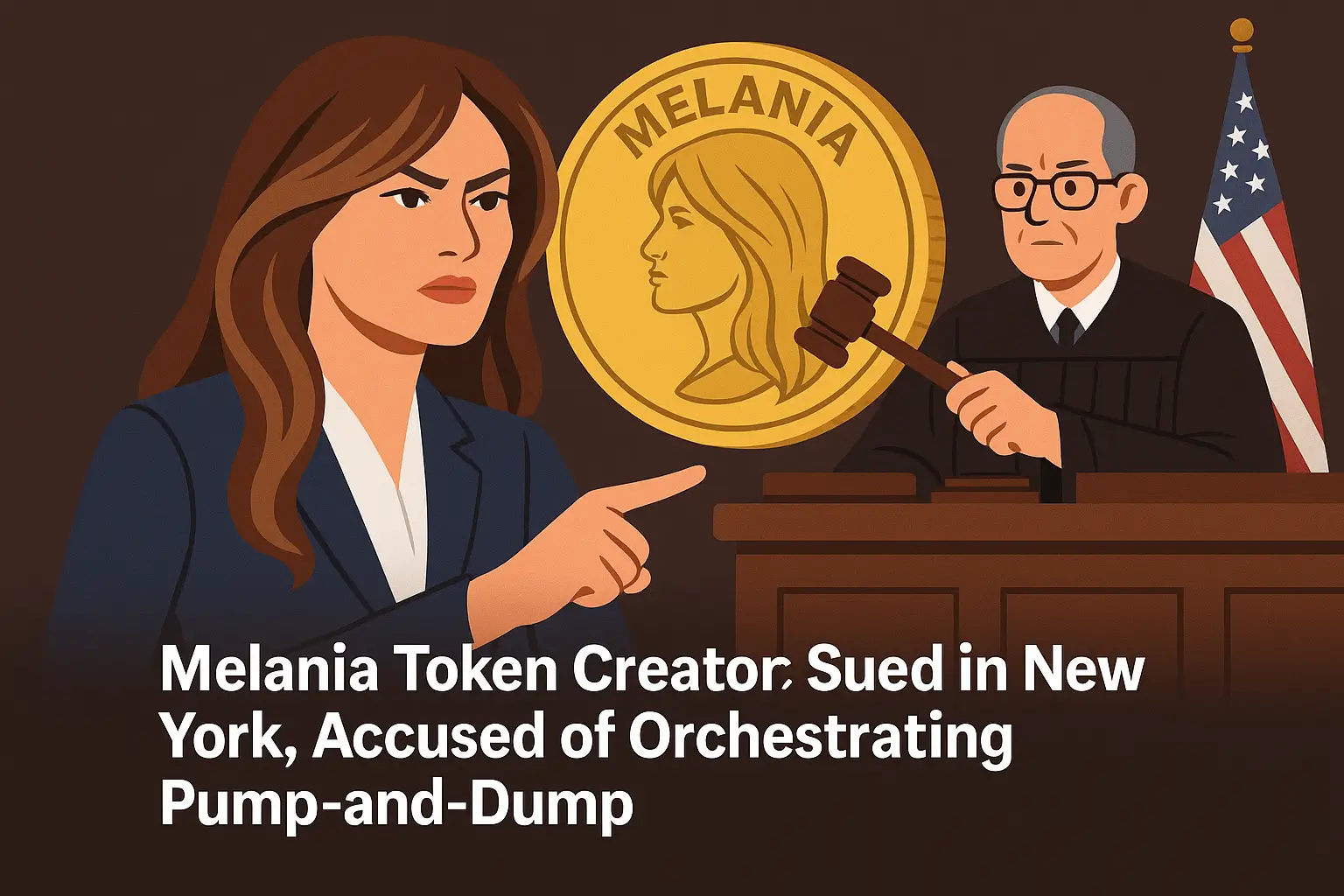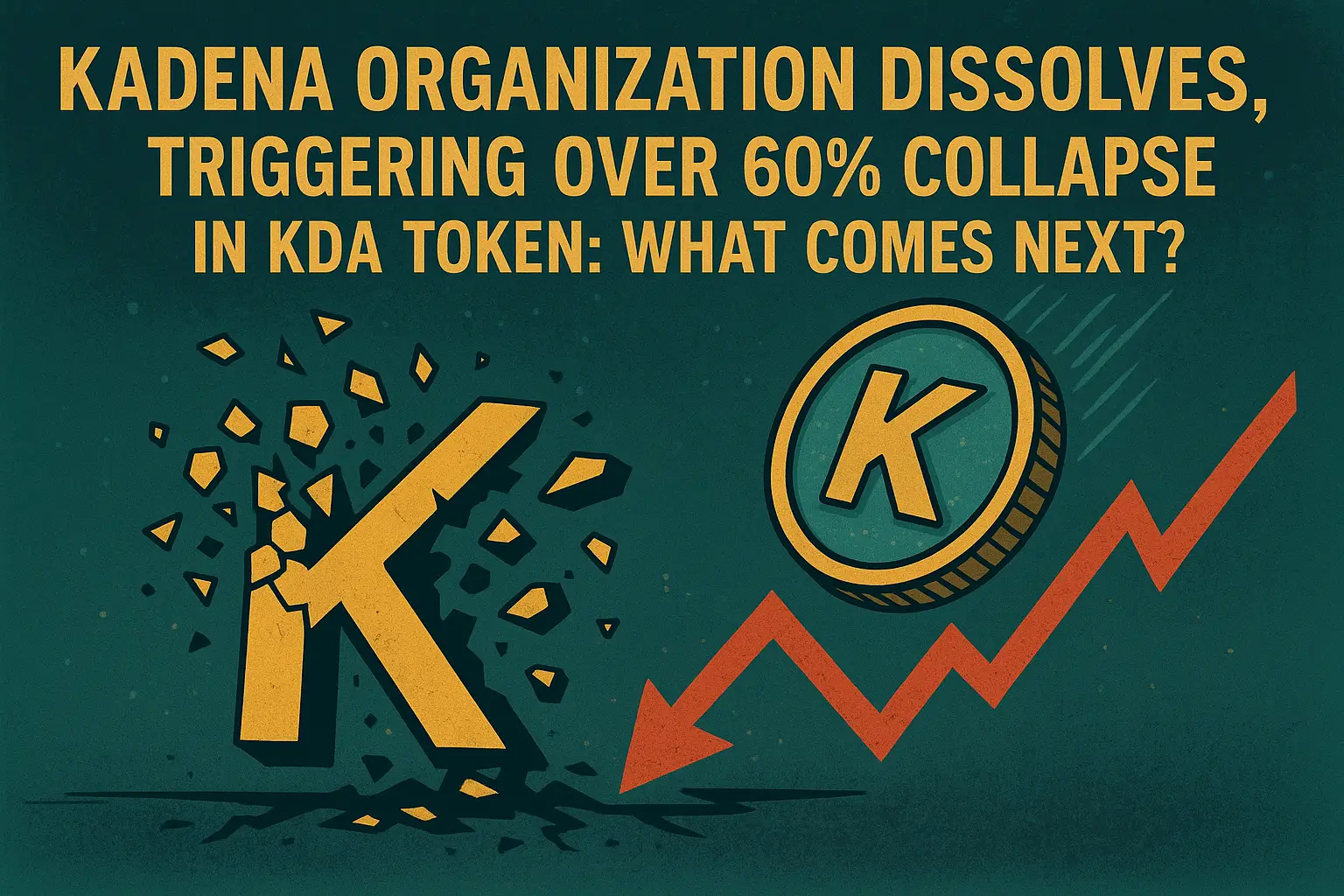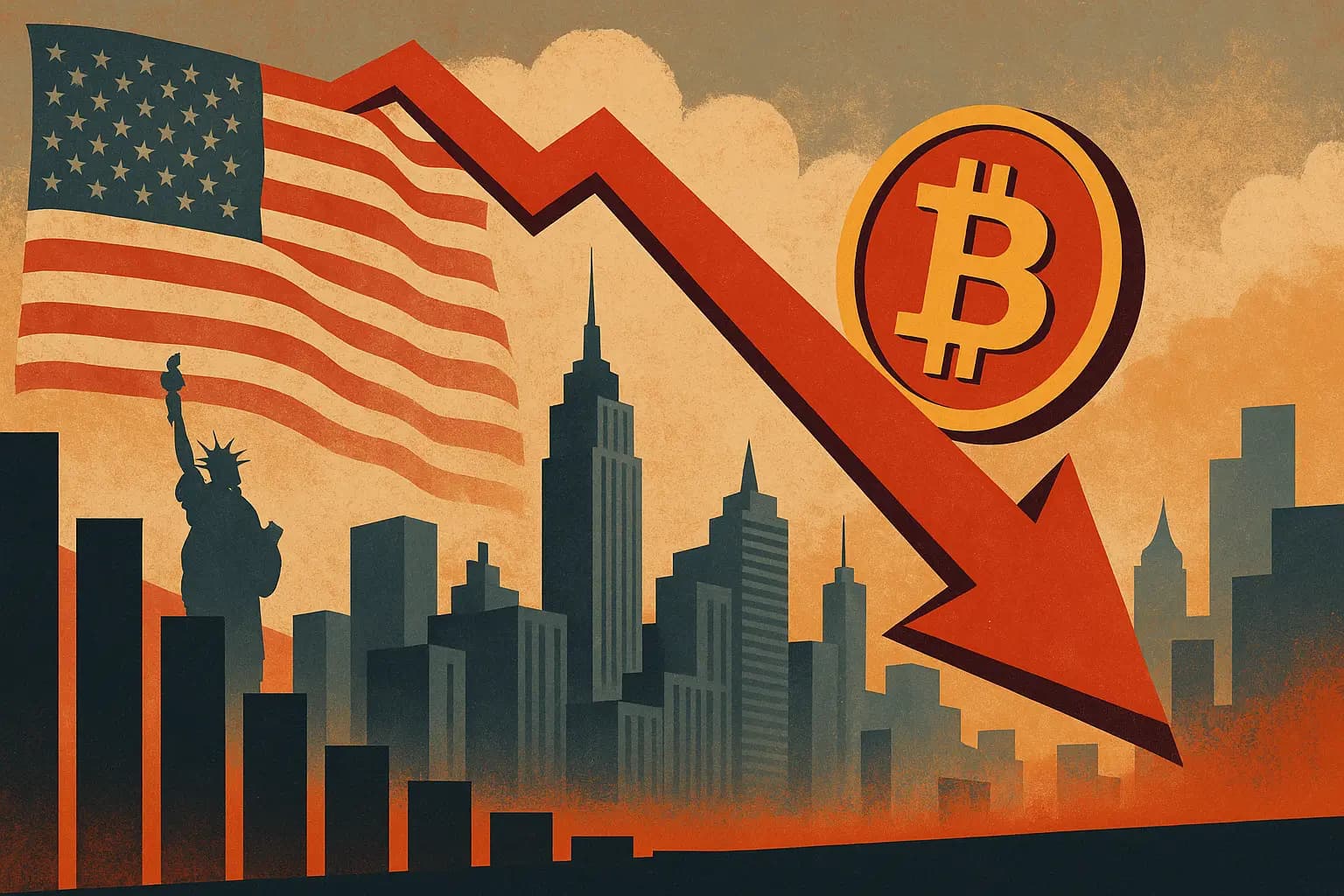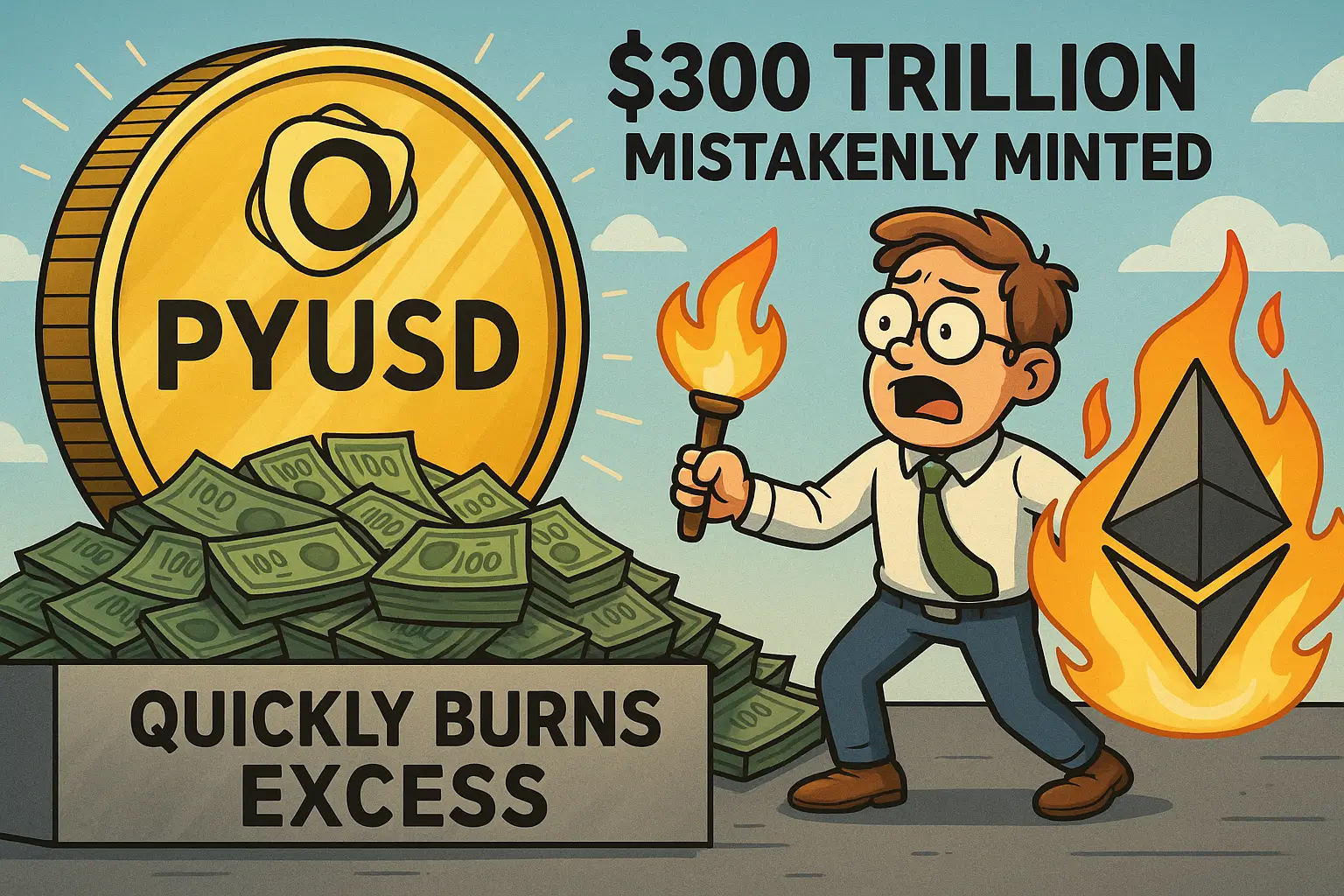India’s Madras High Court has ruled that cryptocurrencies qualify as property and has temporarily stopped WazirX from reallocating a user’s XRP holdings following a major hack.
Key Takeaways:
- The Madras High Court declared that cryptocurrency is “property capable of being enjoyed and possessed,” strengthening investor rights in India.
- WazirX’s restructuring plan after its $234 million hack cannot include unaffected XRP tokens, according to the court’s order.
- The decision signals a step toward clearer legal rights for crypto users in India and could influence how exchanges manage client-assets.
In a precedent-setting judgment dated October 26, 2025, the Madras High Court ruled in favor of an investor whose 3,532 XRP tokens were frozen after WazirX’s July 2024 hack. The investor argued that her tokens were not affected by the breach and should not be included in WazirX’s loss-sharing scheme.
Justice N. Anand Venkatesh stated that cryptocurrencies satisfy the legal definition of “property,” noting their transferability, exclusivity, and capacity for beneficial ownership. The court drew attention to Section 2(47A) of the Income Tax Act, which recognizes virtual digital assets as a legitimate class of property under Indian law.
WazirX’s Loss-Sharing Plan Under Fire
Following the 2024 hack, which drained roughly $234 million worth of crypto assets, WazirX proposed a “socialisation of losses” plan to distribute the damage across all user holdings. The court, however, ruled that this approach could not lawfully extend to unaffected XRP wallets.
The judge emphasized that the crypto exchange must segregate client assets and treat them as property held in trust, not as part of its operational funds. This distinction mirrors global trends following collapses like FTX and Celsius, where client asset mismanagement led to significant legal backlash.
Legal Experts Say Ruling Strengthens Investor Protection
Legal analysts welcomed the verdict, describing it as a step toward solidifying investor protection in India’s digital asset sector.
This clarity is essential, it recognizes that crypto owners have enforceable property rights. It pushes Indian exchanges toward greater transparency and fiduciary accountability, said one legal expert familiar with the case.
Others noted that the decision could prompt exchanges to improve compliance, custody, and audit frameworks to prevent future disputes over asset ownership.
XRP Holds Steady After Court Ruling
As of this writing, CoinMarketCap shows XRP is trading at approximately $2.63, showing a modest drop of 0.22% over the past 24 hours. The token peaked an intraday high around $2.67 and went as low as $2.60 as per CoinGecko’s real-time market statistics, suggesting that no major volatility that has happened in the day.

XRP trades near $2.63, showing a muted reaction after Indian court ruling. Source: CoinMarketCap
The price action shows limited volatility following the news, though analysts expect improved legal clarity in India could gradually strengthen investor sentiment toward crypto investments. The decision is not expected to trigger immediate market shifts but adds long-term confidence for Indian traders concerned about asset protection on domestic crypto exchanges.
Outlook
India’s crypto landscape received a huge boost following the Madras High Court’s decision barring WazirX from redistributing a user’s XRP holdings. By affirming that tokens like XRP are legitimate property, the ruling strengthens investor protection and compels exchanges to adopt stricter asset management standards.
While the verdict did not have an immediate or noticeable impact to the broader crypto market int the day, it highlights India’s gradual shift toward clearer crypto governance, which is a move that could solidify the traders and users’ confidence and attract more institutional participation in the long term.
Summary
Madras High Court affirmed crypto as property and barred WazirX from reallocating an investor’s XRP, reinforcing segregation of client assets. XRP traded steadily near $2.63; the ruling strengthens user protections and pushes Indian exchanges toward stricter custody standards.




